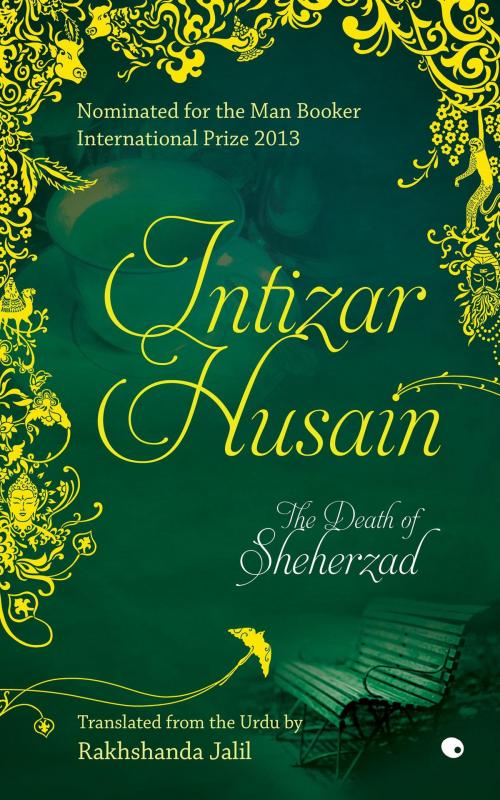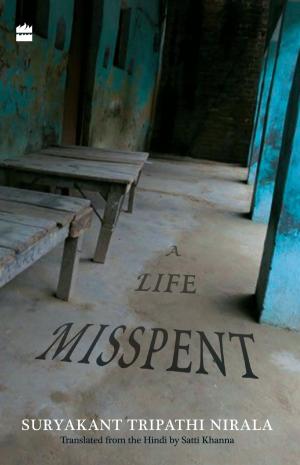| Author: | Intizar Hussain | ISBN: | 9789351362883 |
| Publisher: | HarperCollins Publishers India | Publication: | July 8, 2015 |
| Imprint: | HarperPerennial | Language: | English |
| Author: | Intizar Hussain |
| ISBN: | 9789351362883 |
| Publisher: | HarperCollins Publishers India |
| Publication: | July 8, 2015 |
| Imprint: | HarperPerennial |
| Language: | English |
'Intizar Husain's stories often tread that twilight zone between fable and parable. His narratives are spun on an oriental loom' - Keki N. Daruwalla A man scours the town he left fifty years ago for some little evidence of past joys. Javed, who's returned to Lahore from East Pakistan, won't speak of what he witnessed 'there'. An old woman boards a train full of dead ancestors in her dreams. A sage who cannot control his anger must seek out a butcher for redemption. Mahaban, home of the monkeys once, is now a city full of human beings. Sheherzad, who once told Emperor Shaharyar a thousand-and-one stories, is now an old woman who has forgotten her yarns of fantasy. The stories in The Death of Sheherzad ably represent Intizar Husain's oeuvre, defying narrative tradition and exploring the past, specifically Partition, as a means of unravelling the present. He imaginatively revisits a syncretic, tolerant pluralistic past to analyse why the tide turned so irreversibly. Questioning everything - faith, violence, society - Husain probes the horrors of Partition in a manner as oblique as it is trenchant. Imbued with dark wit and literary brilliance, these stories at once shock, agitate and entertain.
'Intizar Husain's stories often tread that twilight zone between fable and parable. His narratives are spun on an oriental loom' - Keki N. Daruwalla A man scours the town he left fifty years ago for some little evidence of past joys. Javed, who's returned to Lahore from East Pakistan, won't speak of what he witnessed 'there'. An old woman boards a train full of dead ancestors in her dreams. A sage who cannot control his anger must seek out a butcher for redemption. Mahaban, home of the monkeys once, is now a city full of human beings. Sheherzad, who once told Emperor Shaharyar a thousand-and-one stories, is now an old woman who has forgotten her yarns of fantasy. The stories in The Death of Sheherzad ably represent Intizar Husain's oeuvre, defying narrative tradition and exploring the past, specifically Partition, as a means of unravelling the present. He imaginatively revisits a syncretic, tolerant pluralistic past to analyse why the tide turned so irreversibly. Questioning everything - faith, violence, society - Husain probes the horrors of Partition in a manner as oblique as it is trenchant. Imbued with dark wit and literary brilliance, these stories at once shock, agitate and entertain.















